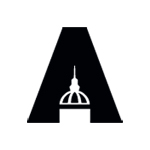
Study and Research Media Library
32,000 monographs dating from the 16th century to the present day; 600 French and foreign periodicals, including 250 current titles; theme-based documentary resources and private archival records.
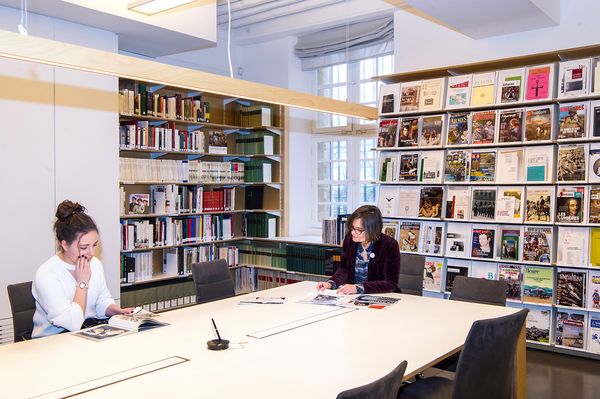
Introduction
Specialised resources for a diverse audience
A combination of heritage and documentary resources to meet the specific and often technical expectations of a diverse audience consisting of students, researchers, historians and art historians, as well as militaria enthusiasts.
These very specialised resources constitute a reference for weapons, armour, artillery, French and foreign uniforms and also decorations and emblems.
Added to these key themes are works devoted to Napoleon and his entourage and the Hôtel des Invalides, as well as regulatory documents, campaign and regimental records, biographies and memoirs and also works devoted to history and the history of art. The Study and Research Media Library also holds French and foreign museum, exhibition and sales catalogues.
Consult the catalogue
The Study and Research Media Library’s catalogue (printed works and journals, and manuscripts) may be consulted via the Ministry of the Armed Forces’ Library and Documentation Centre’s portal at the following address: https://bibliotheques-numeriques.defense.gouv.fr/musee-de-larmee
Use the filter located on the left of the search bar to extend your research to all the portal’s Libraries and Documentation Centres or restrict it to the Musée de l'Armée’s Media Library.
The documentary resources
- Theme-based materials consisting of excerpts from articles classified according to five major themes: equipment (weapons, artillery, vehicles, facilities and property), troops (classified by their weapons or subdivisions of weapons), history, fine arts and biographies
- Files of works in the Museum’s collections
- Materials concerning painters, draftsmen and engravers of the 16th to 18th centuries donated by Stéphane and Véronique Pinta
Private archival records
The Musée de l'Armée has held private archival records since its creation. The great majority of these entered the collections at the same time as the items they contextualise. They cover the period from the 16th century to the present day. These records are being re-examined and are gradually being published online. Research tools and scans can be forwarded upon request.
For research relating to the archives or materials concerning the collections, please send a request to mediatheque@musee-armee.fr
Explore the Media Library’s iconic collections
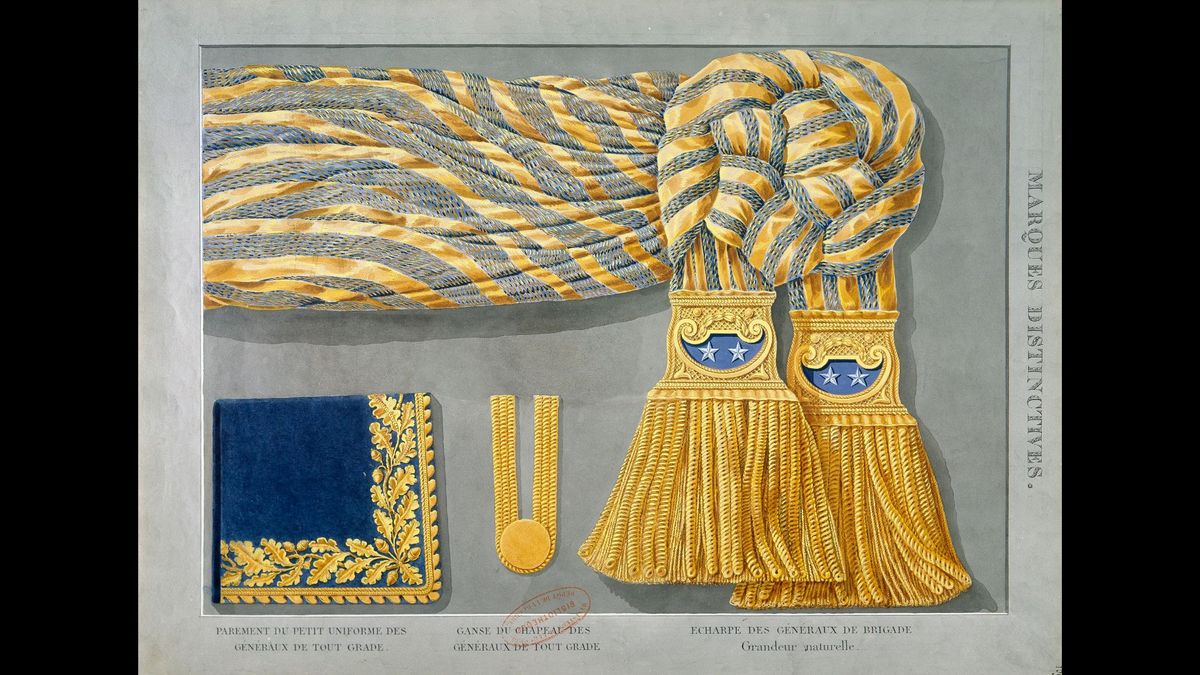
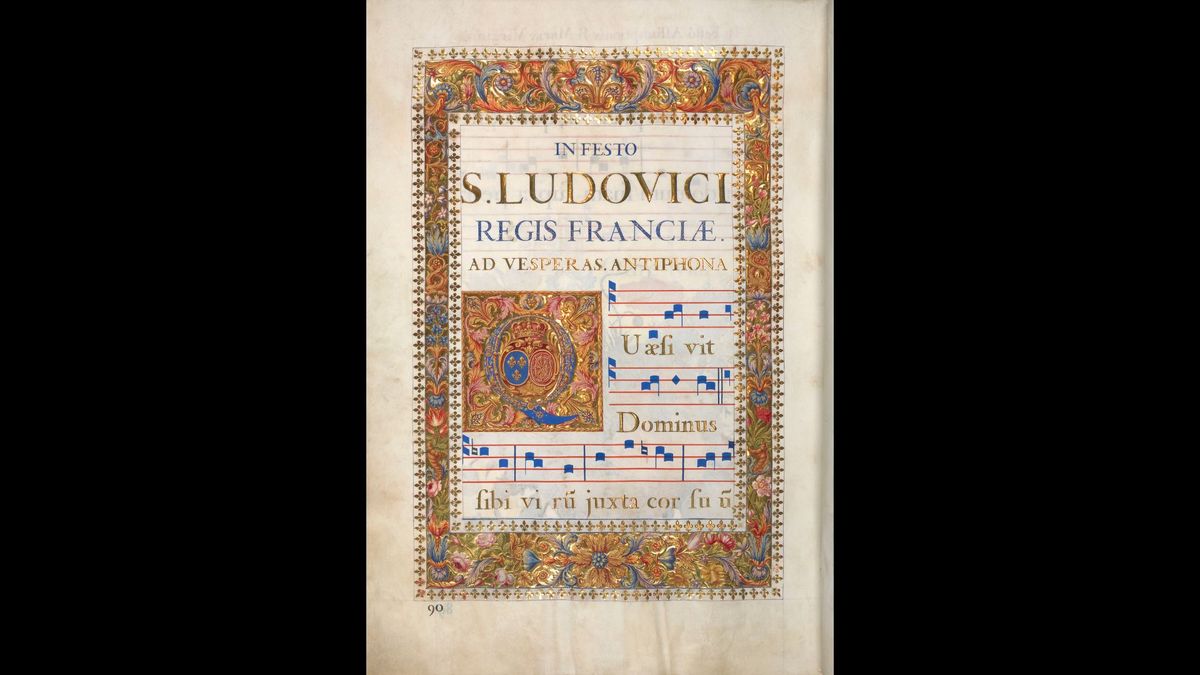
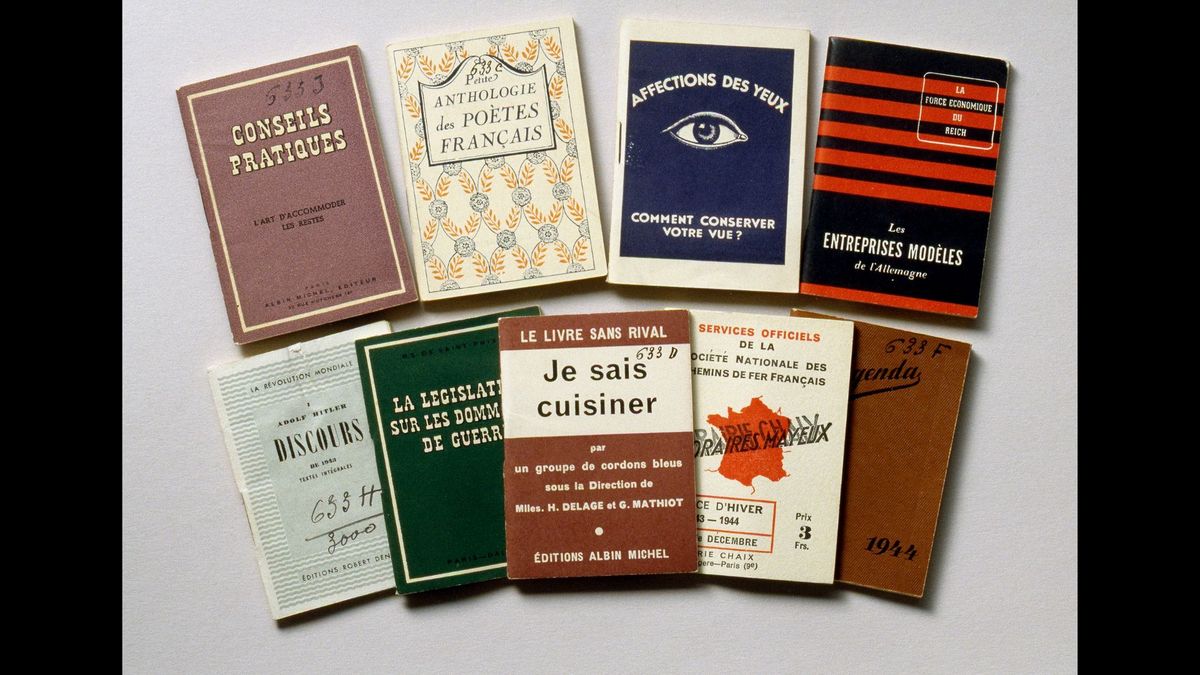
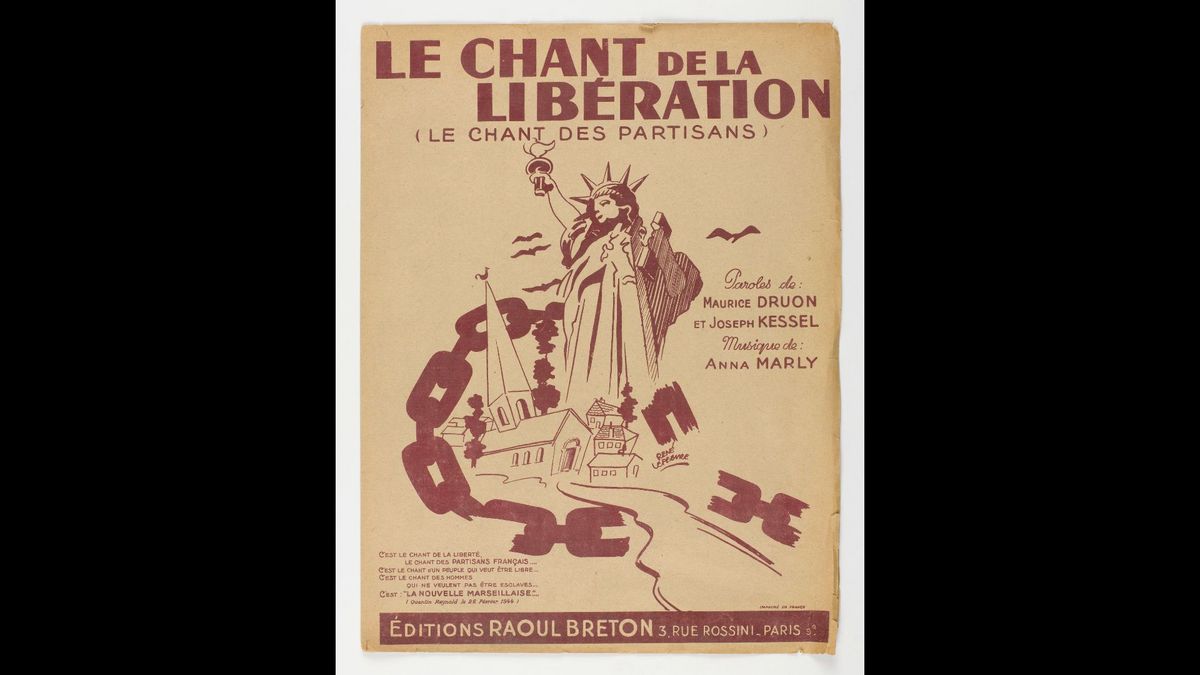
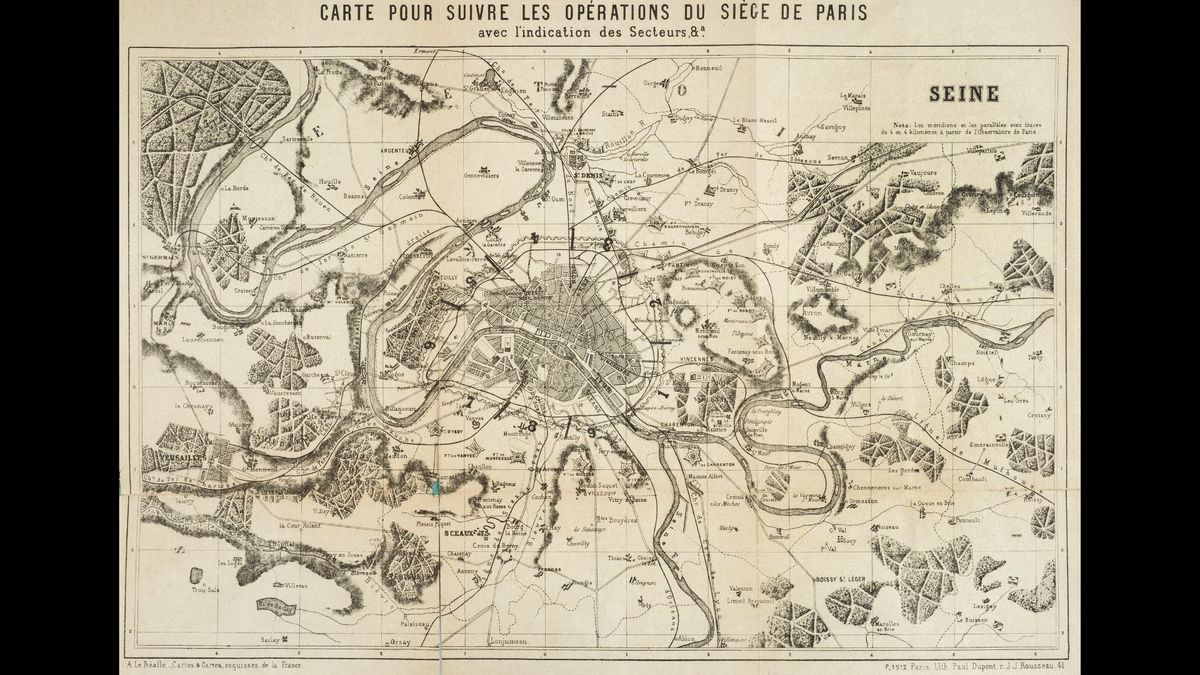
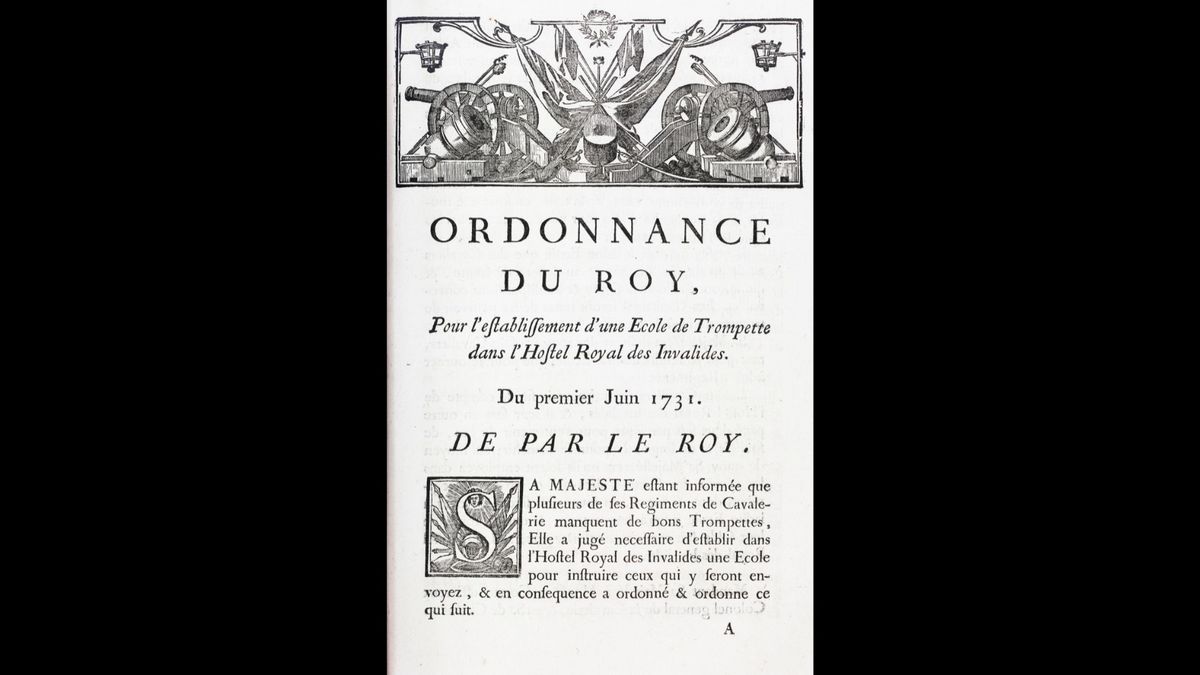
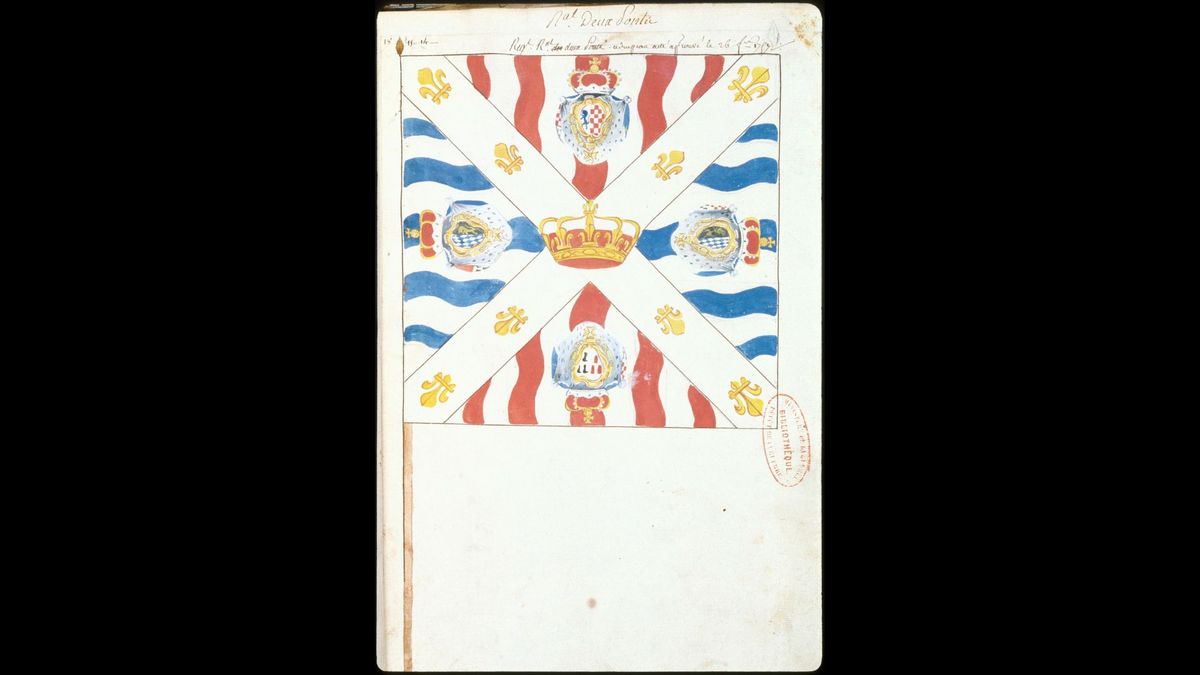
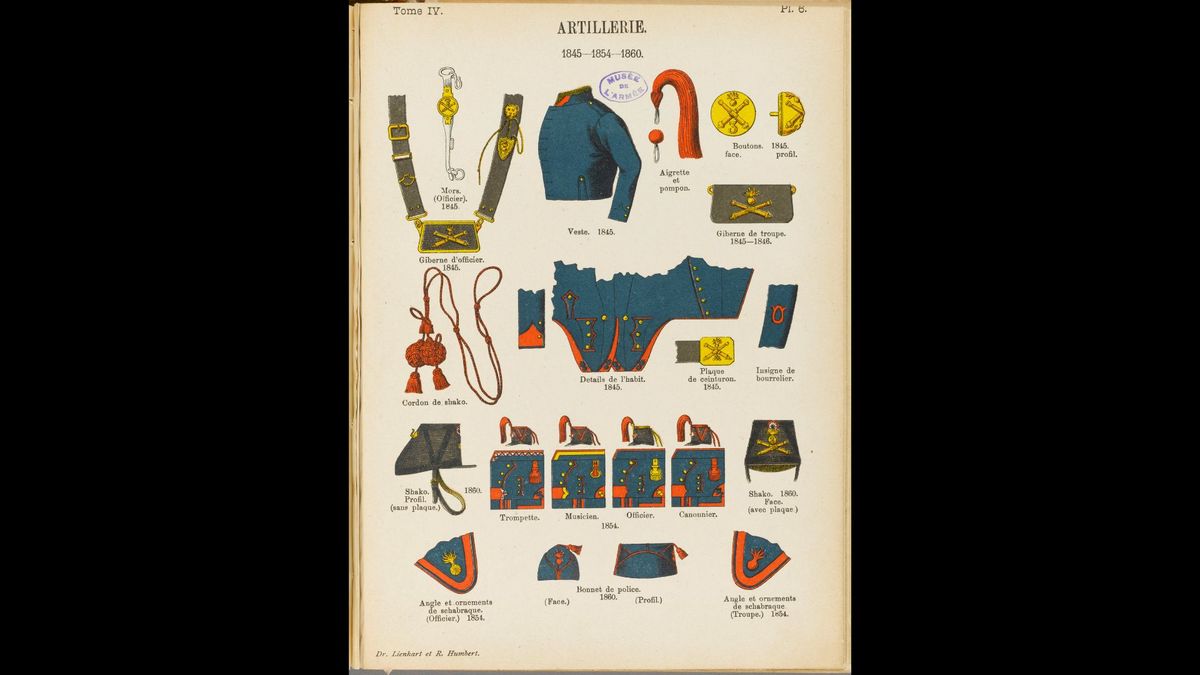
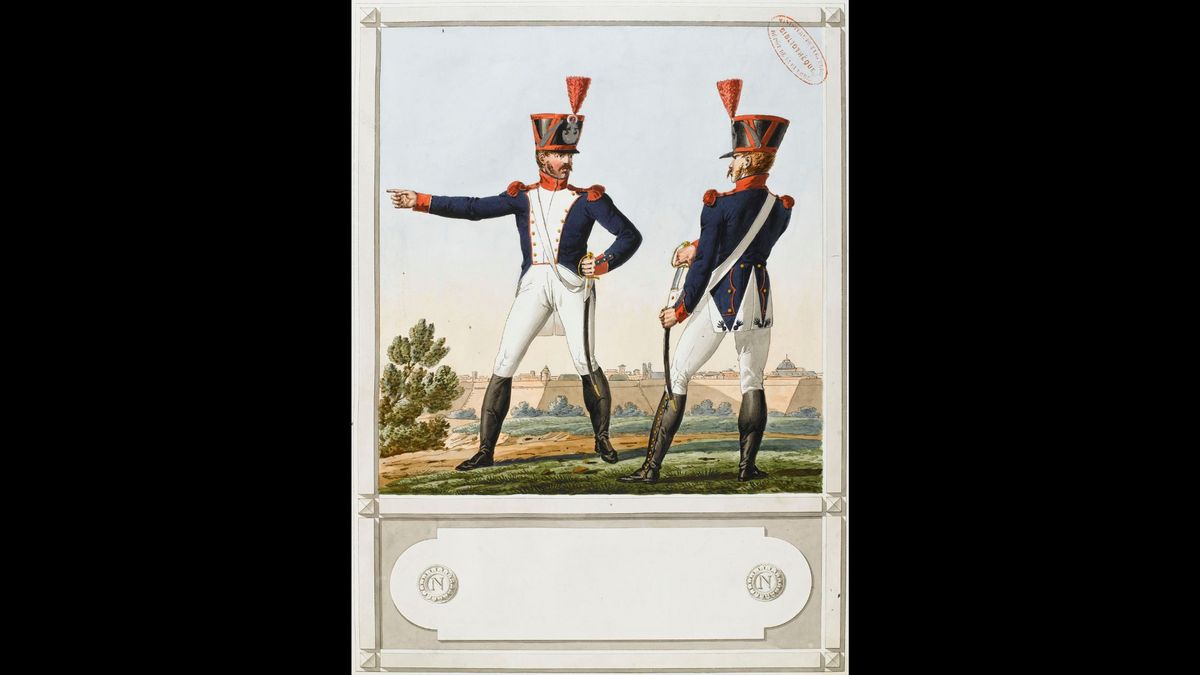
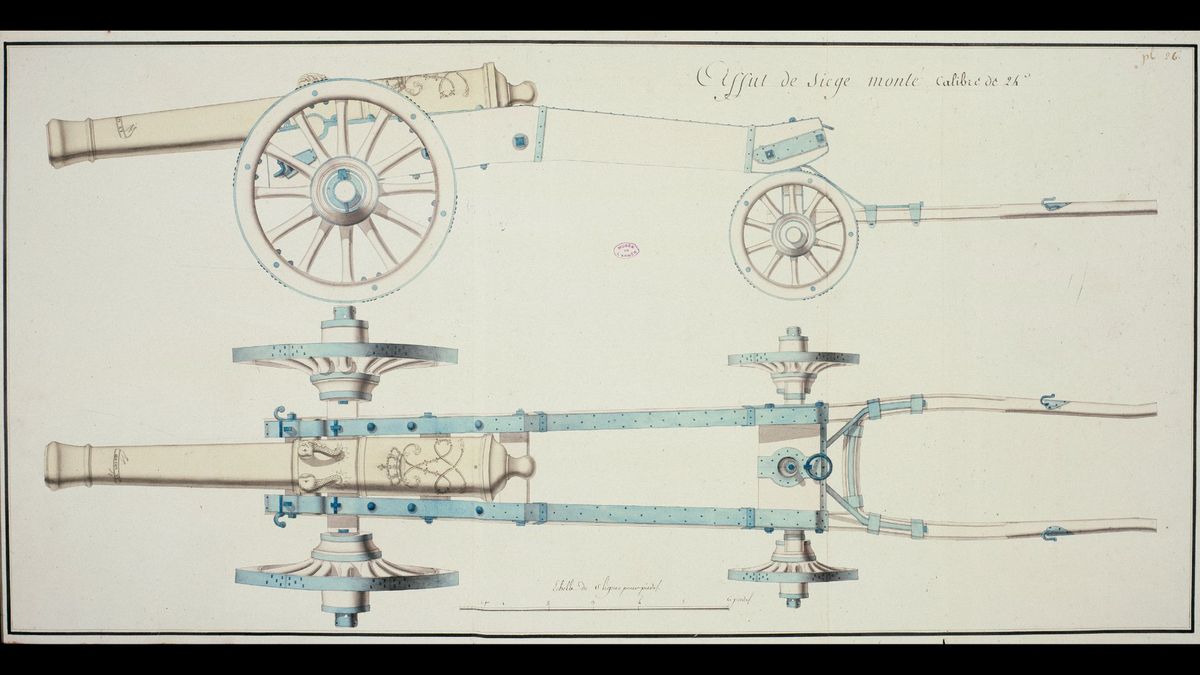
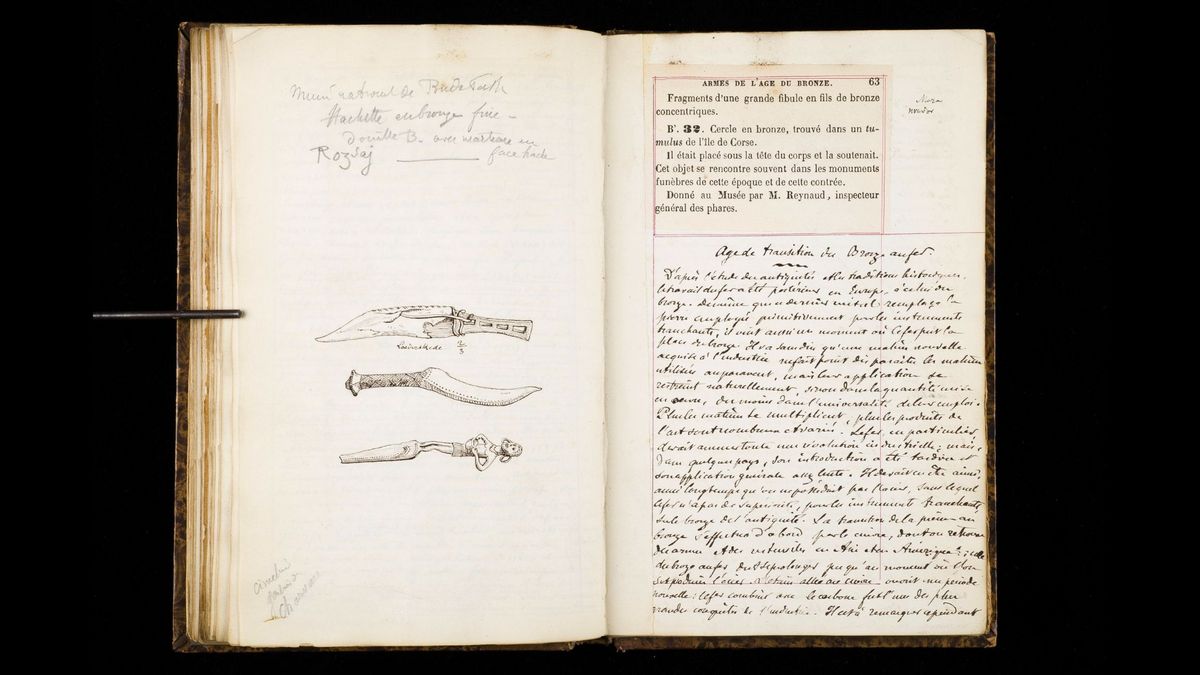
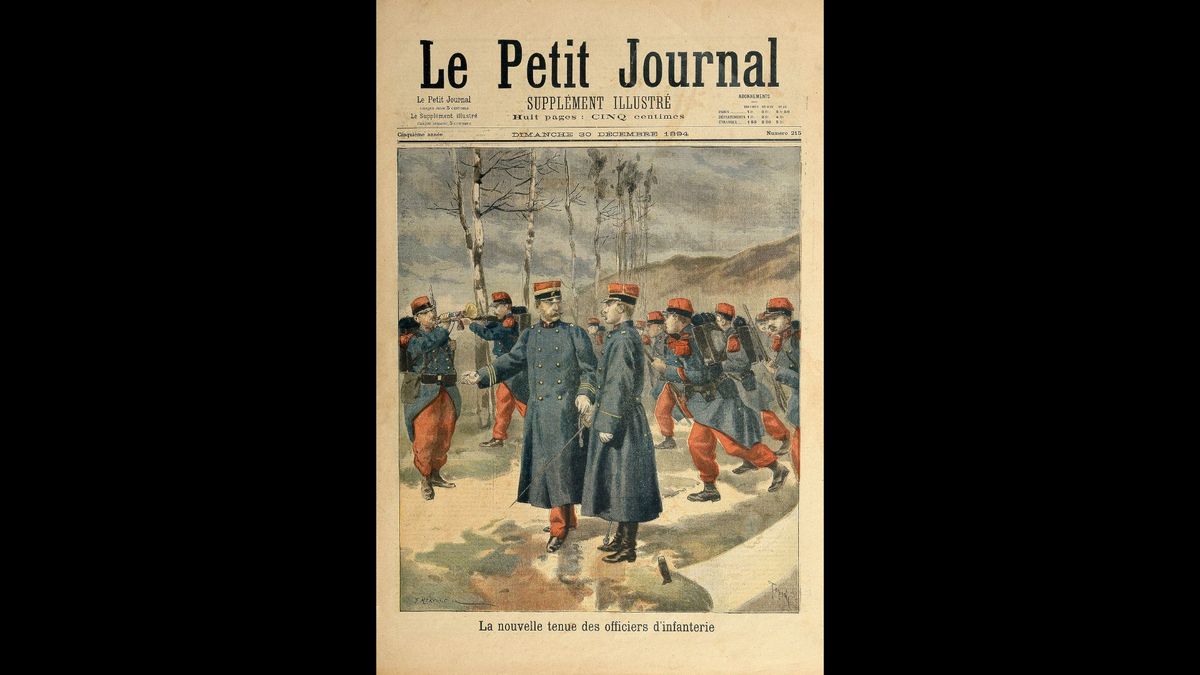
The Study and Research Media Library is pursuing an active policy of digitising its heritage collections.
Opening hours and conditions of access
Opening hours
The Salle Général Niox is open and freely accessible from Mondays to Thursdays from 10am to 1pm and from 2pm to 5pm, and on Fridays from 10am to 1pm and from 2pm to 4pm.
The stacks are only accessible by appointment from Mondays to Thursdays from 10am to 1pm and from 2pm to 5pm, and on Fridays from 10am to 1pm and from 2pm to 4pm.
Conditions of access
Anyone over the age of 18 may access the Reading Rooms. Admission is free, subject to prior registration by readers who must present a form of ID (passport or identity card) to obtain an annual reader’s card.
The stacks welcome researchers carrying out university, professional, or personal research who wish to consult the Library’s precious resources.
They are accessible by appointment only, made via email: mediatheque@musee-armee.fr or by telephone +33 (0)144 423838).
Personal belongings (bags, umbrellas, coats, etc.) are to be deposited in the cloakrooms at the entrance to the Reading Rooms, or hung on the coat hooks provided. The Room’s presiding official entrusts readers with a key to the cloakroom. When they have finished and have emptied their lockers, readers must return their keys to the Room’s presiding official.
At each visit, readers must present their reader cards to the Room’s presiding official. They are invited to register in the Readers’ Register.
When they have finished, readers must allow all their documents to be checked.
